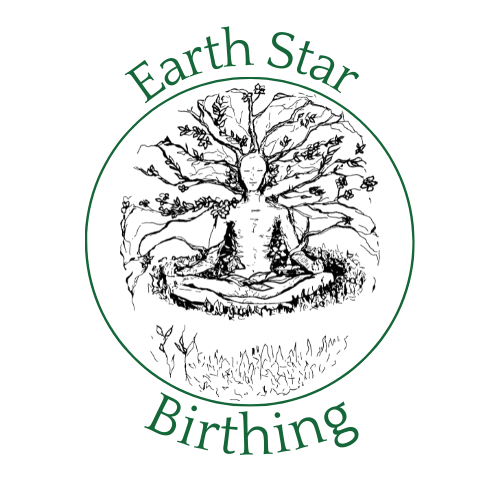“From Her Vagina…”
Earlier this week I was having lunch with my partner before speaking on the phone to a friend who is who is in the last phase of pregnancy with her second child. My partner asked where she was planning to give birth, and in an intentionally facetious way I replied ‘out of her vagina’. His question was actually a legitimate one as this friend has just returned from where she is living in France to give birth in Britain due to various laws and regulations that make it challenging to birth naturally over there. His question was really asking where they staying whilst they were here. But my rather flippant answer did get me thinking about HOW much emphasis we place on a woman’s choice of birthplace, rather than on the quite simple action that a baby is going to come out of her vagina!
Of course a lot of the discussions around place of birth are incredibly legitimate. Hospital births are becoming increasingly medicalised with less and less trust put on women’s body’s to do what they are designed to do. Medical attendants are becoming unskilled in supporting physiological birth as it is just not seen enough within the main stream system, treating birth as pathological rather than as the physiological rite of passage that it is.
It then feels on the other hand that the desire for a home birth puts too much emphasis on creating the environment for the birth to take place. And whilst these things are important to consider, I really do wonder and question how much time women are actively just connecting to the physicality of their bodies.
In a society where we are still working through the taboo of even acknowledging and saying words like vagina and vulva, is it any surprise that women may feel disempowered or disconnected from their body when they come to give birth?
Society and systems at large as we know over complicate things in an attempt to control them and mitigate risk. But what if we realise that these things aren’t actually possible, and if we placed our attention on the here and now as individuals, we can meet what arises for us with autonomy and clarity.
So whilst the question of where, as in location, is important to considered, don’t allow it to be at the expenses of the how.
How much time do you spend quietly listening to and feeling into your own body? Do you even touch your body in intimate places? Connecting to the breath is a very simple way of coming into contact with yourself, and simply feel and be with the physical sensation of you.
One of my favourite memories from a birth was sitting with the woman in early stages of labour in the dead of night massaging her back whilst we talked about ordinary things. It was her second baby and there was anxiety as her first birth had fallen prey to the ‘cascade of intervention’. Her partner was getting some much needed sleep, and it felt like a sacred time of woman with woman. She rocked on the birthing ball, I rubbed her back, babe easing himself into the position to be born. She was quite simply listening to how her body wanted to move. With the support of someone who calmly and unconditionally knew she could meet what she was facing, her body relaxed enough to do what it needed to do, and in just a fews hours her cervix dilated ready for her to birth.
Now all of this doesn’t negate the usefulness of techniques such as hypno-birthing, or the importance of interventions such as caesarean sections, but it helps us to flip the narrative back to women and our incredible bodies being the source of power.
If once again we learn to focus on and listen to our innate intuition I truly believe that birth can be empowering whatever the scenario, when we first and foremost remember the simple truth that babies come out of vaginas.

